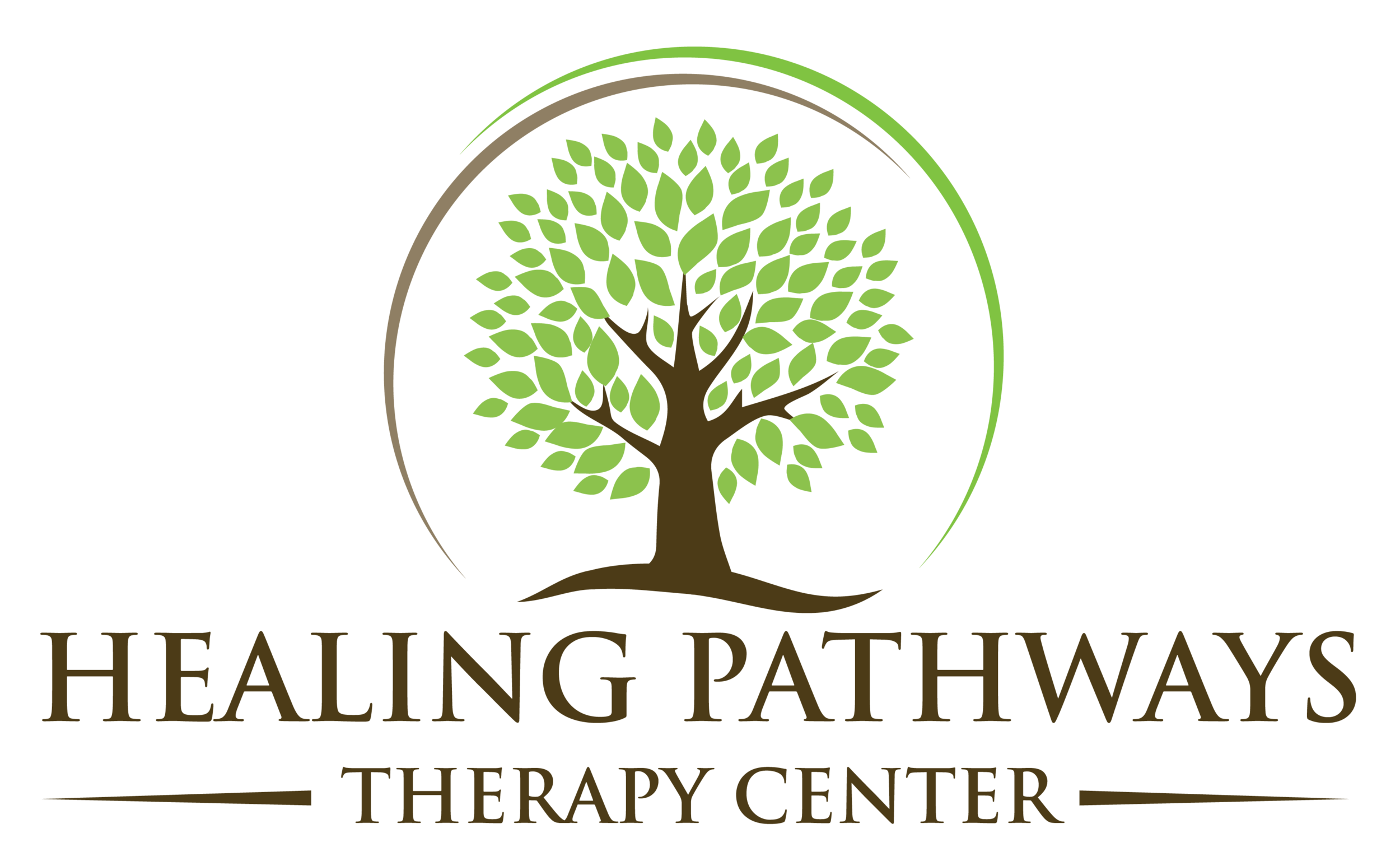COUNSELORS & STAFF
Stacy Lund
LCSW, Clinical Director
Stacy Lund is a Licensed Clinical Social Worker (LCSW). Stacy holds a certification in EMDR and is a Certified Clinical Trauma Professional (CCTP).
I believe in a collaborative approach to build the path to healing as well as a strong therapeutic alliance.
I utilize a somatic, cognitive and neurological approach to foster healing. I support the trauma perspective “The past informs the present” to help my clients better understand their response patterns to current stressors. The focus of my personal growth as a clinician continues to be helping individuals process traumatic experiences so they can heal and live a more present focused existence. I have worked in medical and clinical settings and have knowledge of end-of-life issues including chronic pain, unresolved trauma, personal spirituality as well as the grieving process.
I have completed courses in Internal Family Systems (IFS), Exposure and Response therapy (ERP), Cognitive Behavioral Therapy (CBT), Acceptance and Commitment Therapy (ACT), Play therapy, (Dialectical Behavioral therapy (DBT), as well as teaching yoga to individuals with trauma and traumatic brain injury. I have completed training in neurofeedback through the Neurofeedback Advocacy Project (NAP).
Stacy’s Frequently Asked Questions:
-
Trauma-informed therapy is an approach that acknowledges the pervasive effects of trauma and emphasizes safety, trust, and empowerment throughout the therapeutic process. It ensures that clients feel validated, supported, and in control as they navigate their healing journey.
-
No, trauma-informed therapy is beneficial for everyone. It can help individuals who have directly experienced trauma, as well as those dealing with anxiety, stress, or emotional regulation challenges stemming from past experiences.
-
Healing is a unique journey for each individual. While some may experience improvements within a few months, others might require longer-term support. The emphasis is on making progress at your own pace, rather than adhering to a predetermined timeline.
-
Finding the right therapist is crucial for your healing journey. Feeling safe and understood lays the foundation for effective therapy, as a strong relationship built on trust allows for open sharing of thoughts and feelings.
Each therapist has a unique approach, and finding one that resonates with you can significantly enhance your experience and commitment to your goals. Cultural sensitivity is also vital; a therapist who respects your background fosters a deeper connection and more relevant support.
The right therapist empowers you with tailored coping strategies, making your investment in well-being worthwhile. Trust your instincts in finding someone who aligns with your needs and goals.
-
EMDR (Eye Movement Desensitization and Reprocessing) therapy is a systematic, evidence-supported method designed to assist individuals in processing and recovering from trauma. This approach utilizes bilateral stimulation—such as guided eye movements, tapping, or auditory cues—to aid the brain in reprocessing troubling memories, thereby diminishing their emotional impact. EMDR is especially beneficial for addressing PTSD, anxiety, and symptoms related to trauma.
-
KAP (Ketamine-Assisted Psychotherapy) is a therapeutic method that merges Ketamine treatment with psychotherapy to assist individuals in processing trauma, depression, anxiety, and various mental health challenges. Ketamine has the ability to induce a dissociative state that enhances neuroplasticity, facilitating deeper emotional processing and insight when supported by a qualified therapist.

